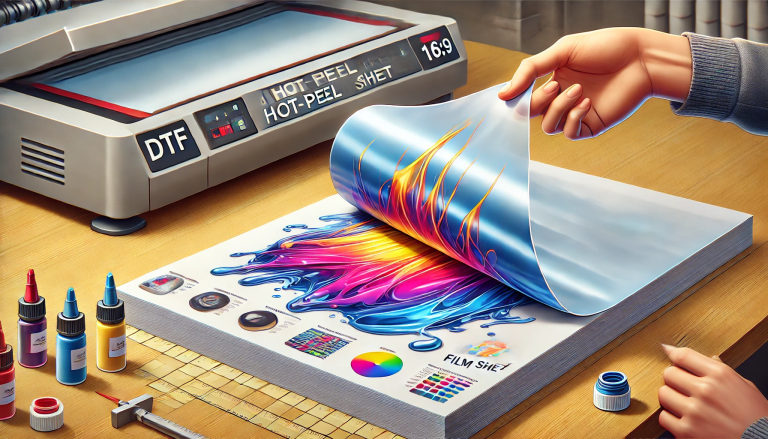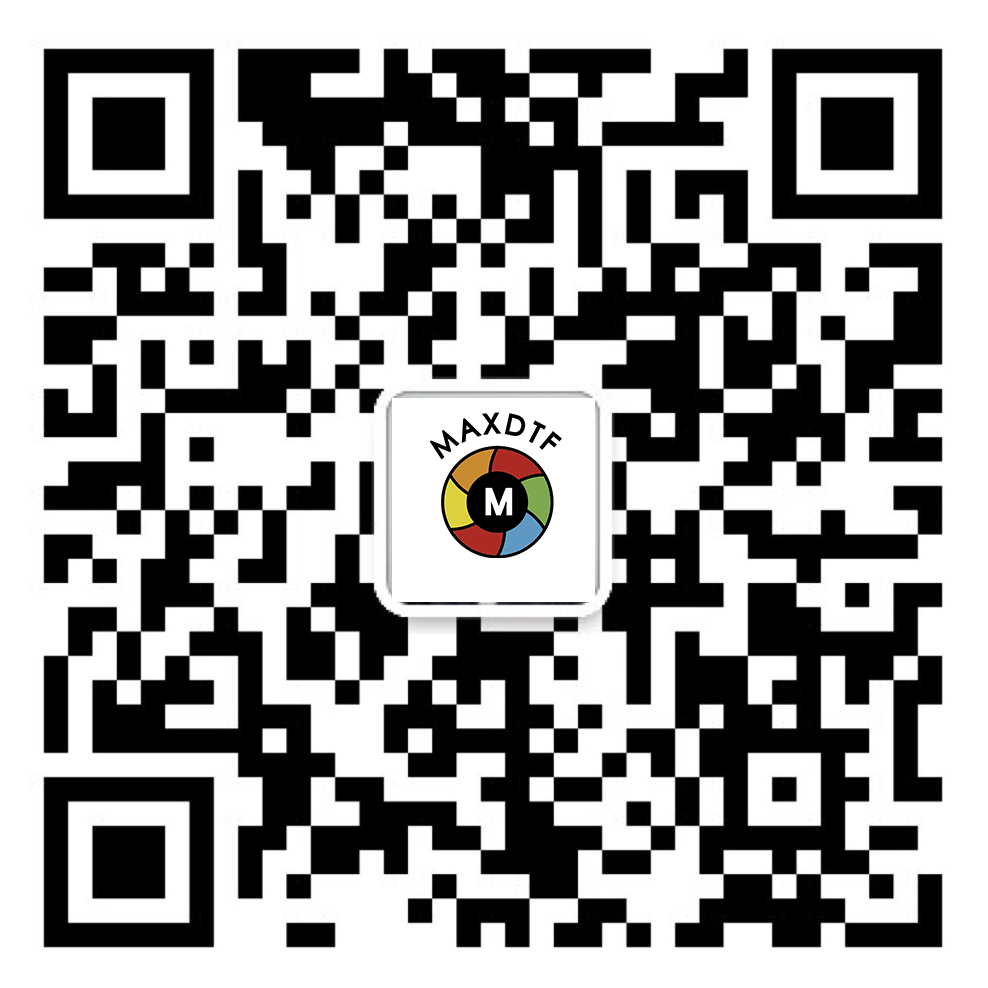“Harnessing the Power of UV DTF Transfer Film for the Epson F2100” -MAXDTF- UV DTF PET Film Manufacturer, UV Film Transfer Decal Wholesale, Made in China
In the ever-evolving world of digital printing technology, businesses are always on the lookout for innovative solutions that offer high-quality output while remaining cost-effective. The UV DTF (Direct to Film) transfer process has emerged as a revolutionary technique, particularly for Epson’s flagship direct-to-garment printer, the Epson F2100. This blog post aims to explore the intricacies of UV DTF transfer film and how it’s effectively revolutionizing the printing industry.
The Basics of UV DTF Transfer Film
Before we delve into the specifics, let’s first understand the basics of UV DTF Transfer Film. DTF stands for “Direct to Film,” a printing process that allows full-color, detailed images to be printed and transferred onto a variety of surfaces, including but not limited to textiles, ceramics, wood, and metal. The process involves printing designs on a specialized transfer film, which is then applied to the target surface with heat.
The “UV” part of UV DTF refers to the ultraviolet curing process, which is used to dry or cure the printed ink instantly. The combination of these two technologies, UV curing and DTF, has led to faster production times, more vibrant colors, and greater durability of prints.
The Epson F2100 & UV DTF Transfer Film: A Perfect Match
The Epson F2100 is a prominent player in the realm of direct-to-garment printers, known for its precision, efficiency, and stunning print quality. When coupled with UV DTF transfer film, the capabilities of the Epson F2100 are elevated, creating vibrant prints that resist wear and tear while reducing production time.
Benefits of UV DTF Transfer Film for the Epson F2100
Let’s explore some of the key benefits of UV DTF transfer film when used with the Epson F2100:
1. Superior Quality Prints: UV DTF transfer film enhances the print quality of the Epson F2100, delivering stunning, vibrant images that are both scratch and wash-resistant.
2. Versatility: The UV DTF transfer process is incredibly versatile, enabling businesses to print on an array of materials and products, from t-shirts and hoodies to ceramic mugs and metal signs.
3. Faster Production Times: Thanks to the instant curing provided by the UV process, production times are significantly reduced. This allows businesses to increase their output and meet customer demands more efficiently.
4. Cost-Effective: While the initial investment in UV DTF technology might be higher, the long-term benefits in terms of quality, durability, and production speed can lead to substantial cost savings.
Conclusion
The world of digital printing is continually evolving, and the advent of UV DTF transfer film represents a significant leap forward. The marriage of this innovative technology with the reliable performance of the Epson F2100 opens new avenues for businesses to produce high-quality, durable prints on a wide variety of surfaces, in less time and often at a lower cost. It’s indeed a testament to how technology continues to reshape the landscape of the printing industry, making it more dynamic, vibrant, and efficient.



